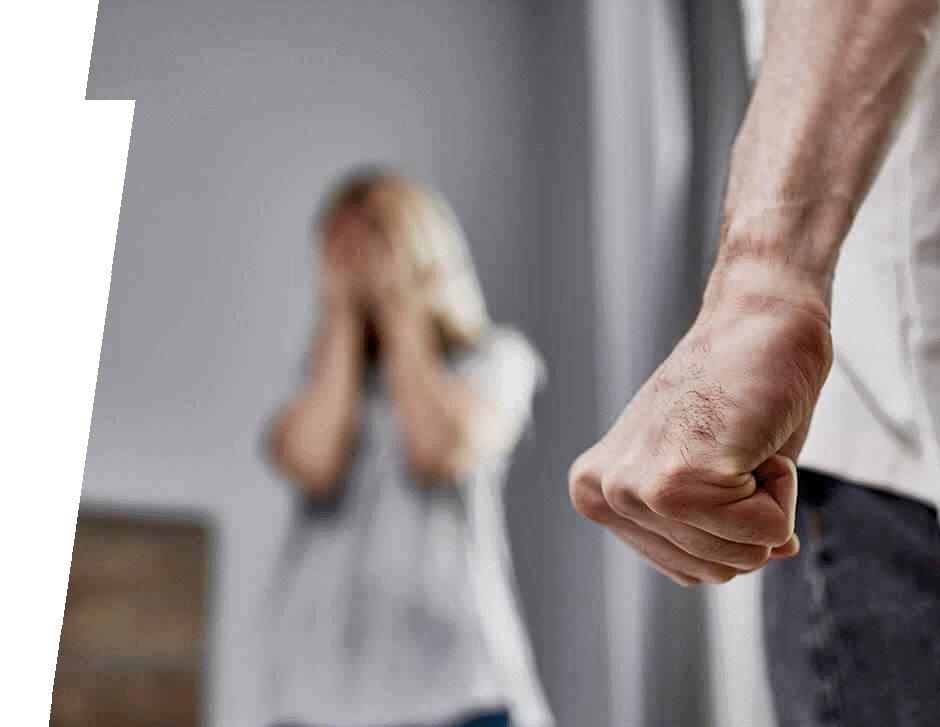Violence against Women's Act (VAWA)
The Violence Against Women Act (VAWA), first passed by the United States Congress in 1994 and subsequently reauthorized, represents a pivotal piece of legislation in the fight against domestic violence, sexual assault, and stalking. Its enactment marked a watershed moment, acknowledging the severity of violence against women and the necessity for comprehensive legal protections. For immigrants, VAWA offers a beacon of hope, providing pathways to legal status that do not require the sponsorship of an abusive spouse or relative. This critical aspect of VAWA empowers survivors to seek help without fear of deportation, ensuring that their immigration status does not become a tool of coercion in the hands of abusers.


VAWA’s Provisions for Immigrants
VAWA’s unique provisions for immigrants are designed to lift the shadow of deportation that often keeps survivors from coming forward. Under VAWA, immigrants can self-petition for lawful permanent residency independently of their abusive family members. This self-petitioning process is confidential, prohibiting U.S. Citizenship and Immigration Services (USCIS) from disclosing the application to the abuser. Additionally, VAWA extends eligibility to certain parents and children of abusive U.S. citizens or lawful permanent residents, further broadening its protective reach.
The Path to Empowerment and Safety
By enabling immigrants to obtain legal status independently, VAWA facilitates access to essential services, including law enforcement protection and social support systems. This autonomy is crucial for survivors, providing them with the legal and financial stability needed to escape abusive situations. Moreover, VAWA includes provisions that ensure access to U visas for victims of certain crimes and T visas for victims of human trafficking, reinforcing the Act’s comprehensive approach to supporting survivors.
Challenges and Criticisms
Despite its successes, VAWA’s implementation is not without challenges. Critics argue that more resources are needed to support the law’s provisions, including increased funding for legal aid, law enforcement training, and services for survivors. Additionally, the confidentiality and self-petitioning process, while pivotal for protection, also require meticulous documentation of abuse, a hurdle that can be daunting for those in the midst of trauma.
The Future of VAWA for Immigrants
As VAWA continues to evolve through reauthorizations, there is a pressing need to address these challenges and to expand protections in line with the changing dynamics of abuse, such as cyberstalking and digital harassment. The future of VAWA lies in its ability to adapt to these new realities, ensuring that all survivors, regardless of their immigration status, have access to safety and justice. For immigrant survivors, VAWA remains a critical lifeline, embodying the promise of protection, empowerment, and a path to recovery.

Frequently asked questions
The Violence Against Women Act (VAWA) empowers certain spouses, children, and parents of U.S. citizens, as well as spouses and children of permanent residents, who have suffered from extreme cruelty or battery. It allows them to self-petition for legal status in the U.S., confidentially and without the abuser’s knowledge, providing a path to escape abuse and seek safety.
Eligibility under VAWA extends to Spouses and children under 21 of U.S. citizens (children may also petition on behalf of their children) and parents of U.S. citizens, provided they can present evidence of abuse by their U.S. citizen child.
A VAWA petition should be supported by:
- Police and court records
- Medical documentation
- Proof of the relationship with the abuser
- Any other relevant evidence that substantiates the claim of abuse.
Absolutely. VAWA is gender-neutral and protects all individuals, regardless of gender, who have been subjected to abuse.
How can Babila Law assist?
We are dedicated to providing you with the highest quality legal representation in deportation defense, asylum applications, and cancellation of removal processes. To discuss your situation with an experienced immigration attorney, please [click here]. Babila Law is here to support and guide you through your immigration journey every step of the way.


